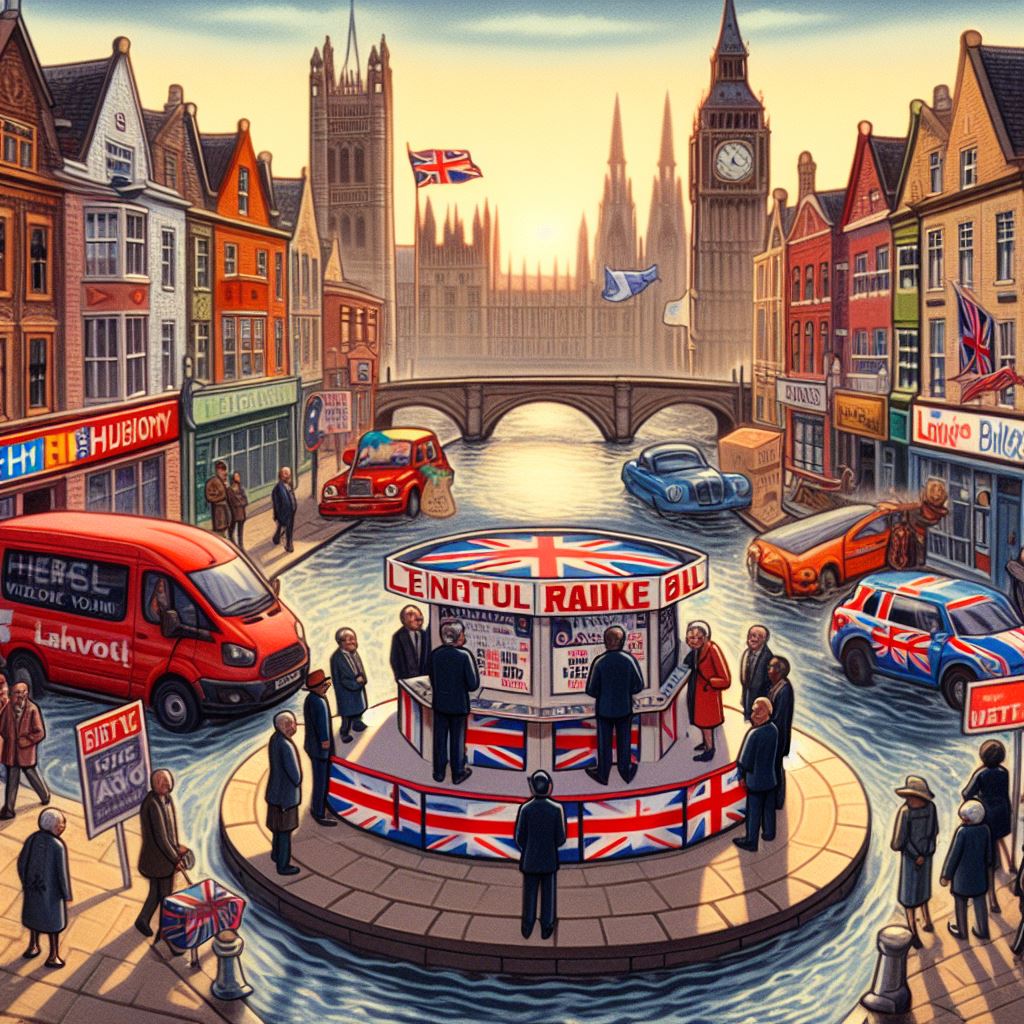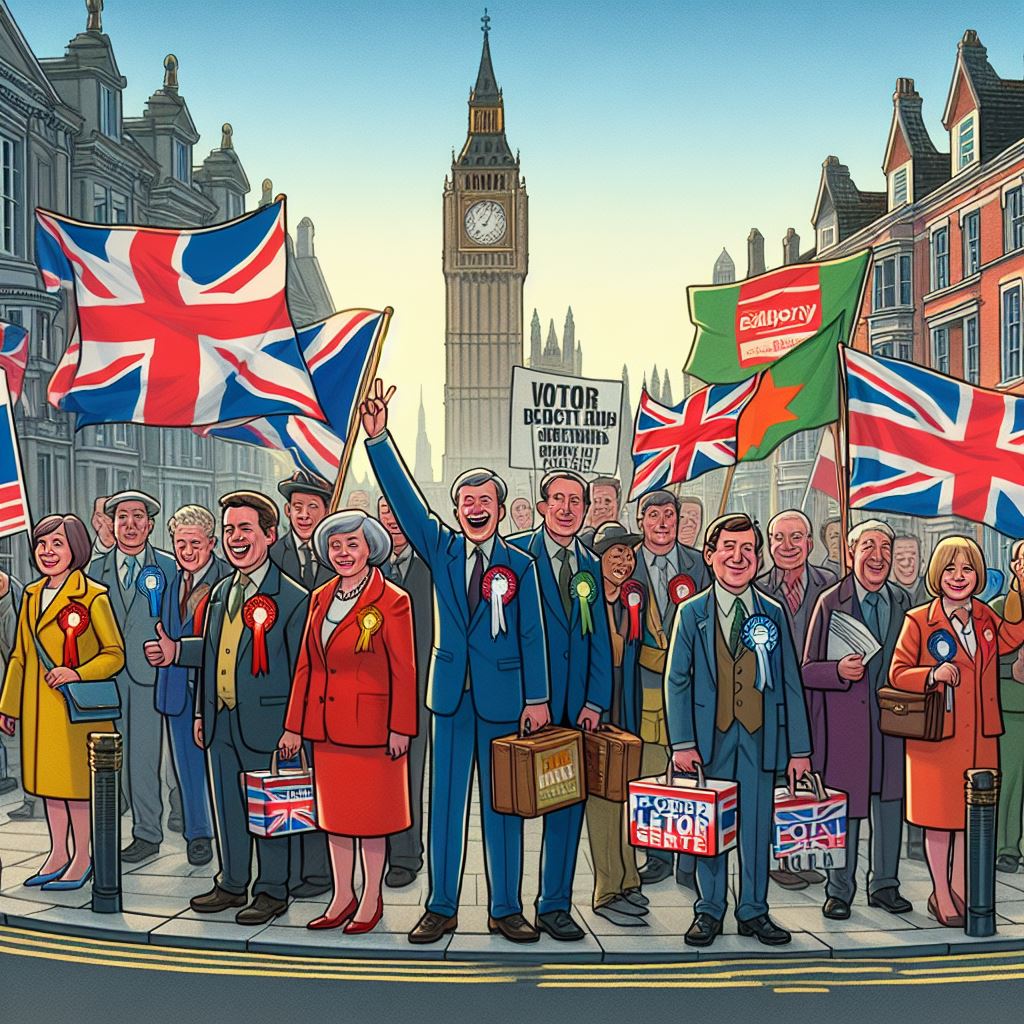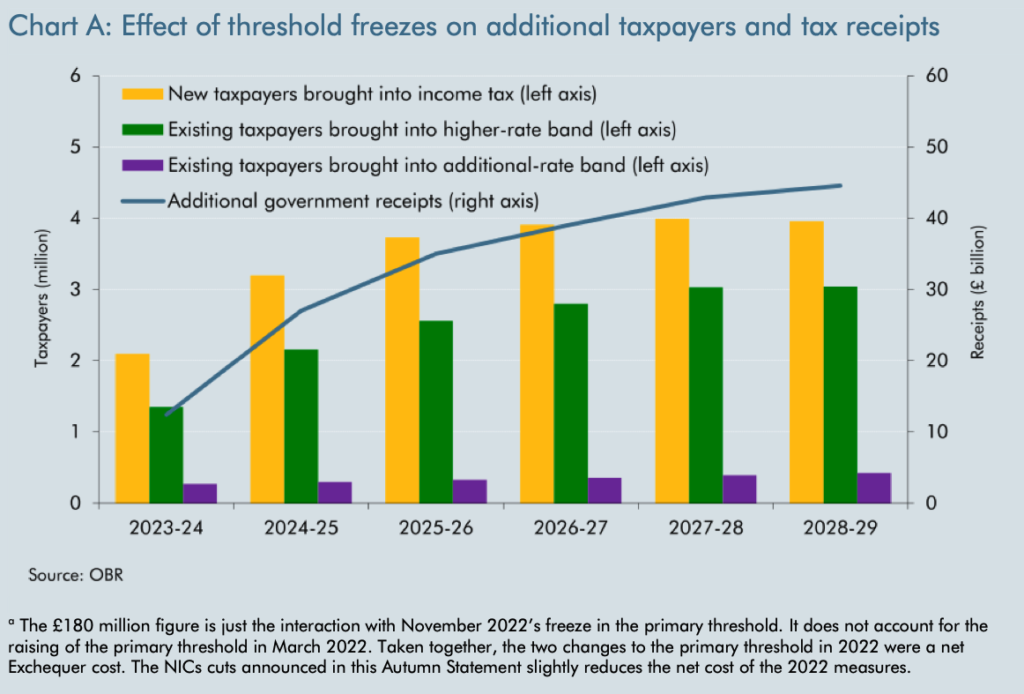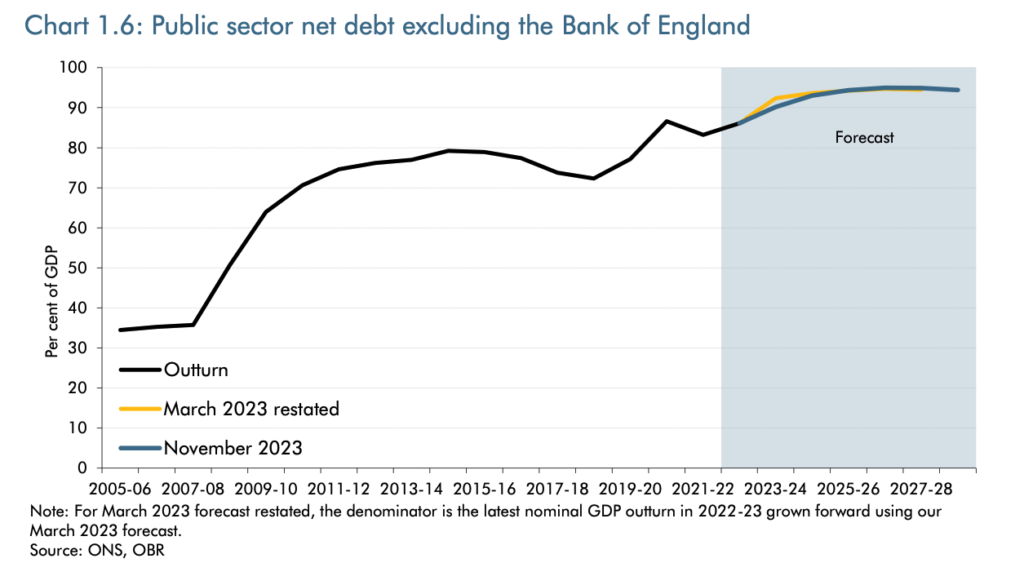
It was a dull election campaign but an earthquake of a result – not less significant for it having been widely predicted. Above all it shows just how much the country’s electoral system dictates its politics. That is how Labour won, and that is how they will stay in power.
I resisted the temptation to update my electoral predictions last week, as I didn’t have much more to add. If I had I would have talked up the Greens a bit, and also predicted that Jeremy Corbyn would win his seat of Islington North – notwithstanding a very dodgy local poll saying that he was well behind. I sensed that as people became more assured of a substantial Labour victory, with even the Tories saying so, that left-leaning voters, unenthused by the party’s relentless centrism, would vote for alternatives. The Tory tack of talking up Labour, referred to as the “Queensland Strategy”, to try and persuade people to vote Conservative to provide an opposition to Labour, was laughable. The Tories showed much more interest in fighting each other than opposing Labour.
The results proved me broadly correct, including those late predictions I didn’t publish – though I was surprised about how well the pro-Gaza independents did, unseating the prominent Labour front-bencher Jonathan Ashworth, for example, and nearly doing so to Labour big-hitter Wes Streeting. There were two main surprises for me though. The first was just how low was the overall share of the vote that Labour eventually got (about 35%) – much lower than the polling predictions, and with a much lower lead over the Conservatives (10% compared to a consistent 20%, though this dropped a bit in the last polls). This did not have much impact on the result in seats, though; a lot of this dynamic was happening in safe Labour seats, with Labour supporters moving to Greens and Independents, or not showing up to vote. The other surprise was quite how many seats the Liberal Democrats won. My argument had been that weakness on the ground would place an upper limit on the party’s performance of about 50 seats; in the event they won 72 – and nearly won a slew of others. There is an upper bound to Lib Dem performance – but it’s quite a bit higher than I thought it was. In about half the seats the Lib Dems won, pre-election campaigning was weak – but there was enough local council strength for the party to make the case for tactical votes, and there must also have been a bit of help from the national campaign, which managed to increase support for the party overall, over the course of the campaign (though it ended up in vote share more or less where it was in 2019).
Interestingly, the MRP polls, a big feature of this campaign, did not come off as badly as the ordinary ones, though they made similar mistakes with the overall vote shares for Labour and the Conservatives. The Labour victory was at the lower end of the range of these projections, but at least it was within it. They picked up more of a sense of how efficient the Labour and Lib Dem polling was in electoral terms, and inefficient was that for Reform UK and the Greens. They didn’t see the rise of the independents, and the projections for individual seats were often wayward, especially for the distribution of votes between the parties. As I suggested in my comments during the campaign, they exaggerated Labour strength in Lib Dem targets – allowing many a Labour leaflet to suggest that the party was in contention when it was in fact a distant third.
So the Labour victory was big but shallow, with many close results. Indeed, supporters of the previous leader, Jeremy Corbyn, noted that the party won fewer votes than when their man was leading – making the narrative of why Sir Keir Starmer’s stewardship proved so successful much more complicated than the mainstream explanation suggests. Labour did not win, so much as the Tories lost. Sir Keir Starmer did not win over many people to his party (and he lost a good few), but he did not scare as many Tory voters as his predecessor – allowing them to stay at home or vote for Reform.
To be fair on Sir Keir, he seems to understand the thinness of his mandate. He is not using the scale of his victory to suggest that he has public support for radical policies. He is trying to establish a reputation for competence – something the Conservatives lost in the wake of the Brexit referendum. Labour will, of course, relentlessly blame the country’s “14 years of Tory chaos” – never mind that these followed three years of Labour chaos, and that the first six years were not especially chaotic. But whether it was 8 years of chaos or 14 makes no real difference to voters. This is a sensible strategy. The populist right plan a relentless attack on Labour for being “woke” – attending to the “luxury beliefs” of liberals and the identity politics of some ethnic minority politicians. Sir Keir’s best hope of winning the next election is to contrast the wildness of these attacks with the unfussy competence of reality. Good luck with that. He has the discouraging examples of Francois Hollande in France, and Gerhard Schroder in Germany. Two uncharismatic but competent left-of-centre politicians who were/are unable to manage the stresses of modern politics. Still, those leaders were operating in a very different political systems. So long as Labour can keep the right divided, its chances are good.
On the question of the right, I continue to follow the writings of populist promoter Matt Goodwin. I like him because he is reasonably factual, unlike many of his fellow travellers, who trade in conspiracy theories and lies. He did not have a particularly good election. He was elated by the Reform surge after its leader, Nigel Farage, started to seriously engage in the campaign. He went on to breathlessly call an inflection point, with Reform surpassing the Conservatives, backed up his own polling organisation, which proved by some margin to be the least accurate of all those publishing polls. But then Reform flatlined, and Mr Goodwin started to talk about the French elections instead. Looking back on the election, he is now calling the Reform glass half full. It has indeed peeled off the working class/lower middle class part of the Tory 2019 coalition, but it is making little progress beyond that. The Conservatives outpolled them by 10% – and its much stronger ground organisation showed. A pile of second places is no use in the British electoral system – and you need a strong ground operation to turn those second places into wins – just ask the Liberal Democrats. Complaining about the electoral system doesn’t cut it. The chances of Reform doing that on their own in more than a handful of places looks thin.
That leaves a stalemate on the right. Clearly it needs to rebuild the 2019 coalition, across working class and middle class voters, and in the north, south, east and west of England and Wales. Reform can’t do that. The Conservatives have two strategies open to them: the first is to displace Reform from the ground they now hold, and then rope in the middle classes and professionals later. But that will be hard: they have lost trust, and now that Mr Farage is in parliament he is in a strong position to fight them off – unless they can find a way of bringing him on board. The other strategy is to regain the middle ground, and then attack and squeeze Reform nearer to the next election, rather as David Cameron successfully did in 2015 to Ukip, a Reform forerunner. But Tory grassroots seem to have little patience for such a strategy, and they need somebody to lead it who is untainted by the Johnson, Truss and Sunak regimes – their own Keir Starmer. The likelihood is that the party will tear itself apart while trying to decide. This is Labour’s best hope, as they inevitably get bogged down in the mid-term.
What of the Lib Dems? Their large slew of MPs will give them more money, and more clout in parliament. It is a very different party from the ill-disciplined and eclectic group of local activists of the early 2000s, who often opposed Labour from the left. The centre is much stronger – this year’s campaign was notable for the strength of its central campaign, and consistency of its message across the country. They will seek to consolidate their gains, and build up new prospects. Their campaigning will continue with the same voter-led messages (health, care and the environment). But there is a hunger within the party for something more idealistic, defining what the party is all about. There will also be pressure to ramp up messaging around Europe. Perhaps they are shaping up to be part of a coalition with Labour in 2028/29.
But the big message of this campaign, demonstrated by both Labour and the Lib Dems, and in reverse by Reform and the Greens, is that elections are won by constituency-led targeting. The electoral system is shaping politics as completely as ever. Will electoral reform come back onto the political agenda? There are three broad options. The first is the Alternative Vote, which is not much more than a tweak to the existing system, but one which would allow those disenfranchised Reform and Green voters (to say nothing of third-placed Conservatives and Labour ones) more of a say. This would suit the Conservatives best – the Australian experience is that such a system ultimately reinforces the power to the two main established parties. And yet they united in opposing exactly this system when it was put to a referendum in 2011. The more radical alternative is proportional representation, which would suit Reform and the Greens best. This would have Lib Dem support too, though it is unclear that the party would benefit much, and it also has the support of many Labour grassroots.
But such chatter is irrelevant. The Labour leadership is focused on its core “missions”, which do not include political reform – and turkeys don’t vote for Christmas. Until there is a public groundswell to change the system, as there was in New Zealand in the 1990s, there will be no serious move to change things. The British electorate is very conservative, as that 2011 referendum showed. And if such a groundswell was going to happen, I think it would have happened already. Reform and the Greens need to learn from the Lib Dems and embrace local politics.











